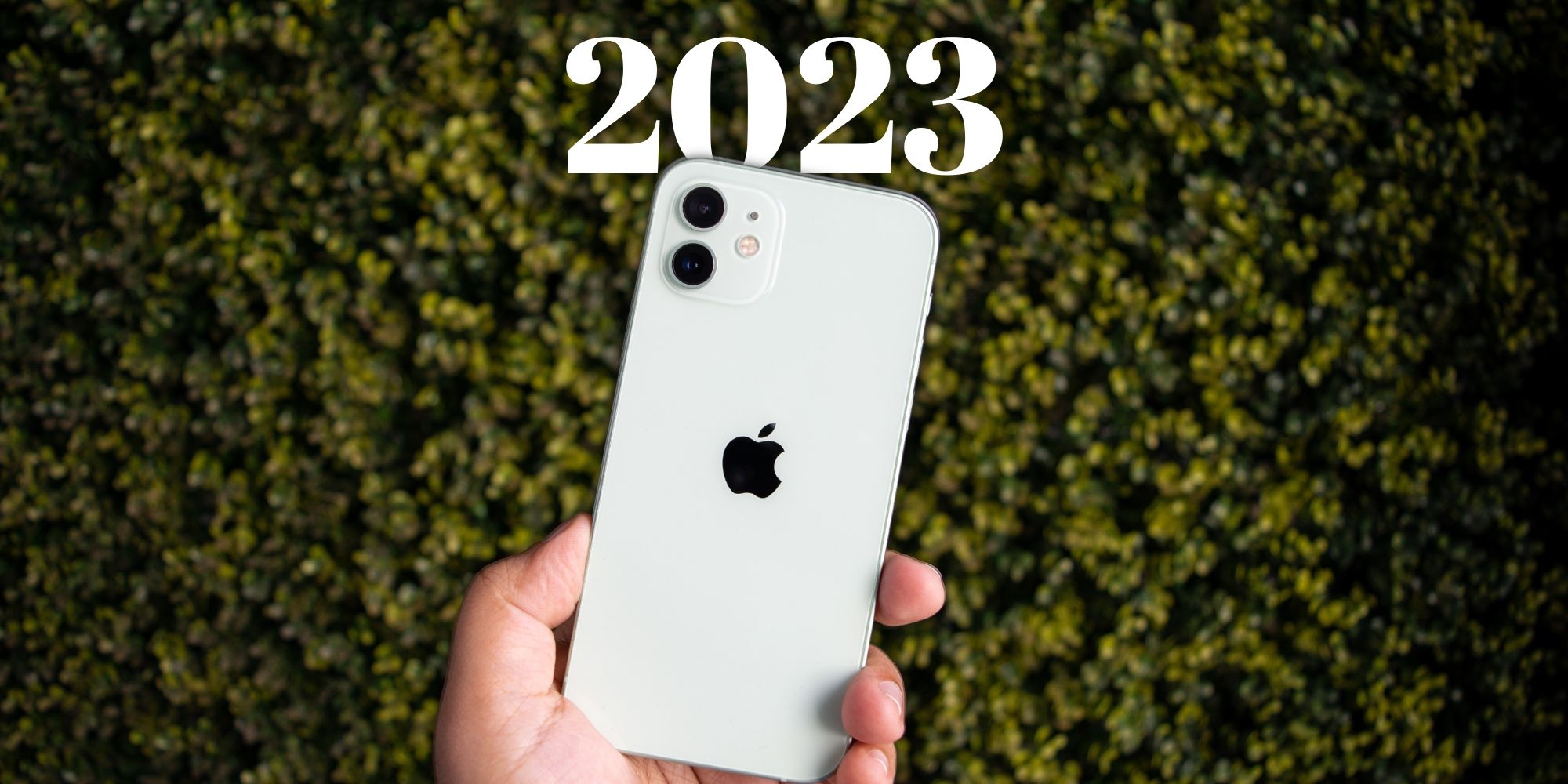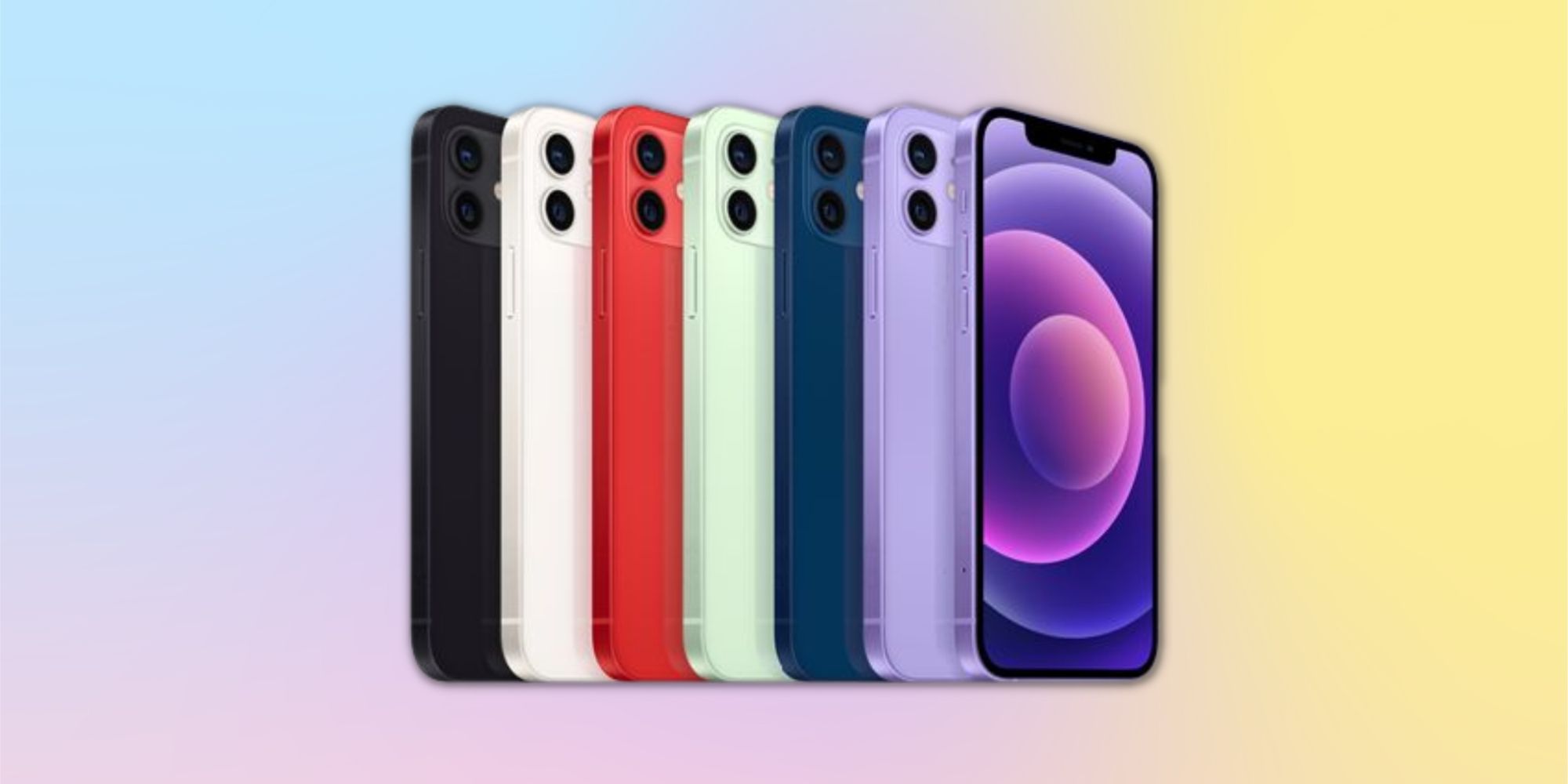Apple's iPhone 12 was among the best smartphones available in 2020. But more than two years later, does it make sense to purchase the device in 2023? In the last few years, the smartphone market has seen more competition than ever. Companies are pushing to release a new flagship model every year while scattering entry-level and mid-range smartphones throughout the year. In such a time, if a smartphone ages well and beats one or two generations of upcoming models from competitors, it's easy to recommend.
Although Apple discontinued the iPhone 11 in 2022, the iPhone 12 is still listed on its website, and there's a good reason behind it. In 2023, 5G connectivity will be available in more regions than ever, and users will need a 5G smartphone to take advantage of the technology. Well, the iPhone 12 will be the most affordable mainstream flagship phone by Apple that supports 5G (mmWave). At the time of writing, the iPhone 12 (128GB) model was available on the official website for $649, whereas the latest iPhone 14 sells for $799.
Reasons To Consider The iPhone 12 In 2023
If users want to save another $50, they can buy the iPhone 12 (64GB) model at $599 and get the iCloud+ subscription for as low as $0.99 per month with 50GB of cloud space. Another reason to purchase the iPhone 12 in 2023 is its processor. The 2020 iPhone 12 features Apple's A14 Bionic chipset, which outperforms Snapdragon 8 Gen 1 released in 2021, and the Tensor G2 released in 2022. The smartphone handles heavy tasks such as video editing and multitasking and runs games on the highest graphics settings.
It's better to invest in the iPhone 12 than to purchase a mid-range phone that comes out in 2023. Let's talk about software support. Apple is known for providing the longest software support of any smartphone manufacturer. On average, an iPhone sees about five to seven years of iOS updates, which gives the iPhone 12 another three to five years in the market. The iPhone 12 also supports Apple's MagSafe technology for wireless charging, has a capable 12MP dual camera system at the back, and a battery that lasts an entire day.
In terms of design, the iPhone 12 has a 6.1-inch all-screen display, with the iconic notch that houses the Face ID on the front and a glass back. Just like the latest iPhone 14, the phone has flat panels and round edges on the corner. Had it not been for the rear camera layout, it would be tough to figure out any difference between the iPhone 12 and the iPhone 14. In conclusion, the iPhone 12 is an excellent option for people looking to invest in a flagship in 2023 but don't want to empty their pockets by purchasing a thousand-dollar smartphone.
Anyone considering still buying the phone shouldn’t hesitate, though. Apple is now gearing up to release the iPhone 15 lineup, which is expected to launch in September 2023 per its usual release schedule. At that time, it also tends to discontinue an older model as well. It’s likely the iPhone 12 is on the chopping block. Apple stopped selling the iPhone 12 mini on its website in September 2022 along with the iPhone 11. This year, the iPhone 12 may get the same treatment.
Source: Apple


